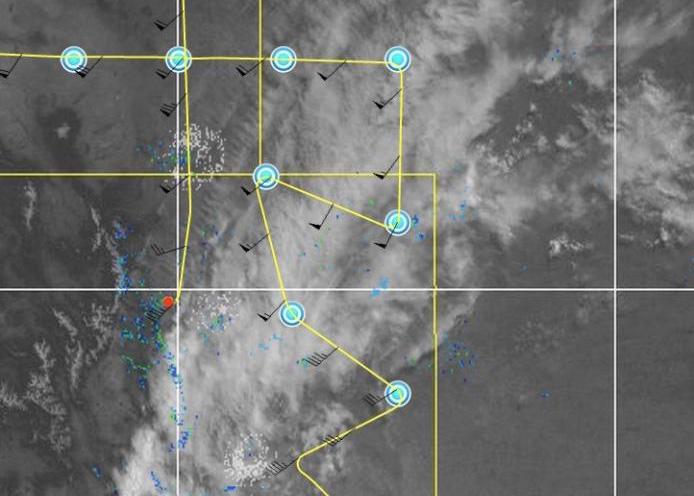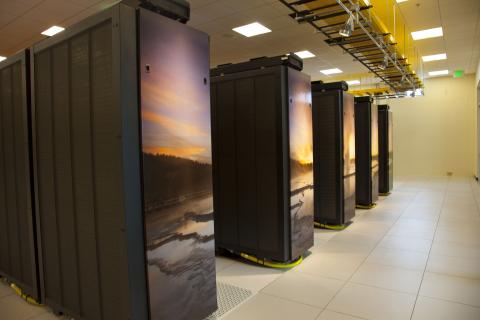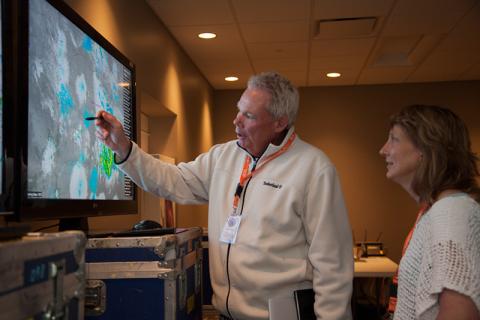
EOL recognizes that data is the final product of any research field campaign. While we operate a large number of observational research instruments and platforms and archive their data, when funded to do so, EOL provides curation and long-term stewardship for field campaign datasets from research instrumentation operated by universities and government or private entities as well in the Field Data Archive.


